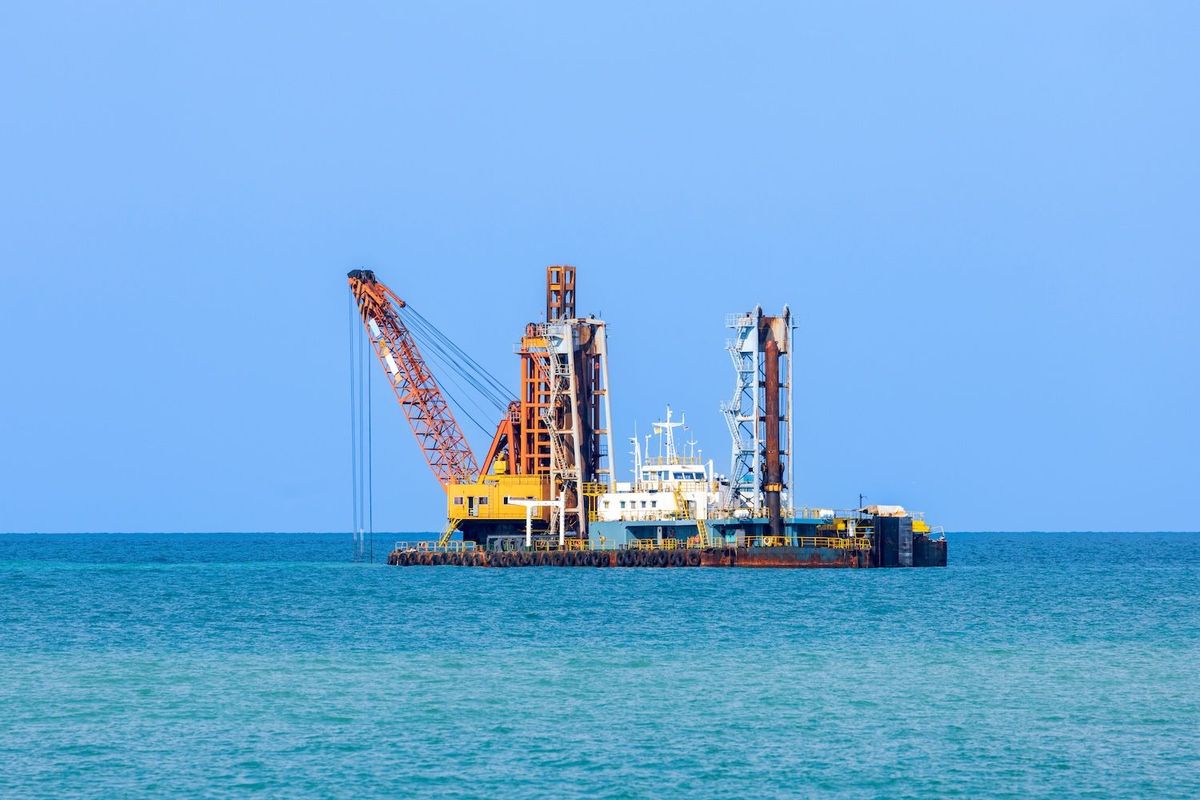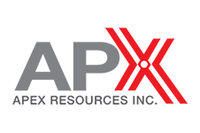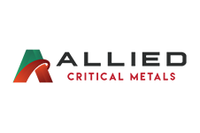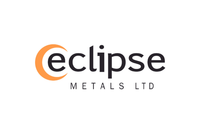Trump’s Deep-Sea Mining Push Gains Momentum with Bahrain Backing
The International Seabed Authority's 170 member states, which include the EU, have yet to agree on a mining code that would permit large-scale exploitation of seabed resources.

US President Donald Trump’s push to build an American stockpile of critical minerals from the seabed has gained fresh momentum with Bahrain throwing its weight behind a California startup.
According to a Financial Times report, Bahrain has agreed to sponsor Impossible Metals, a Silicon Valley startup that wants to mine a patchwork of zones in the Pacific Ocean spanning about 75,000 square kilometers.
As the situation currently stands, US companies cannot directly obtain licenses through the Jamaica-based International Seabed Authority (ISA), the body that regulates deep-sea mining in international waters.
Instead, they must seek sponsorship from other countries, a process that has often left American firms on the sidelines as China- and Russia-backed ventures secured the majority of licenses.
Impossible Metals CEO Oliver Gunasekara said that Bahrain’s support allows the company to advance its ISA application and lays the groundwork for a future processing hub in the Middle East.
“Metals could eventually be exported to the US,” Gunasekara told the Financial Times, positioning the partnership as a bridge between Gulf resources and American supply chains.
The deal is a first for Bahrain, now the only Middle Eastern country to act as a sponsoring state for seabed mining.
The kingdom added that the partnership will prioritize “environmental protections and the preservation of the marine ecosystem,” responding to concerns from campaign groups and several governments that have called for a moratorium on seabed mining until stronger safeguards are in place.
The endorsement furthers a growing policy push in Washington. In April, Trump signed an executive order asserting the US' right to issue its own mining licenses through the National Oceanic and Atmospheric Administration.
The directive frames seabed metals, including nickel, cobalt, copper, manganese, titanium and rare earths, as “strategic assets” that are vital to both national security and economic growth.
That same month, Secretary of the Interior Doug Burgum floated the possibility of direct government investment in US mining ventures. Speaking at a conference hosted by the Hamm Institute for American Energy, he said there may be a need for “equity investment in each of these companies that’s taking on China in critical minerals.”
China dominates the processing of key inputs for electric vehicles, defense systems and renewable energy technology.
By backing firms like Impossible Metals or reviving dormant licenses, US policymakers hope to diversify access to essential materials and reduce reliance on volatile global supply chains.
At the same time, public skepticism over the environmental impact of deep-sea mining remains high, with critics warning that fragile marine ecosystems could be subject to irreparable damage.
Don’t forget to follow us @INN_Resource for real-time news updates!
Securities Disclosure: I, Giann Liguid, hold no direct investment interest in any company mentioned in this article.
- Seabed Mining Heats Up as Lockheed Martin Courts Interest in Pacific Licenses ›
- Trump Takes Aim at China with Deep-Sea Mining Nod, Looks to Boost Critical Minerals ›
- White House Considers Executive Order to Speed Up Deep-Sea Mining Permits ›
- Deep-Sea Crisis: Can the ISA Regain Control of the Deep Ocean? ›
- Can Deep-Sea Mining Solve the Critical Metals Supply Crunch? ›



